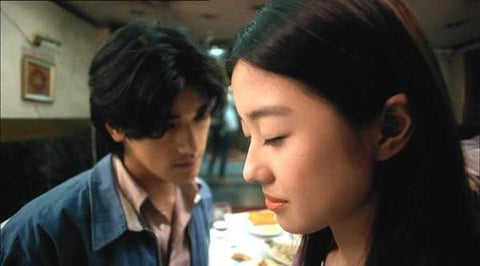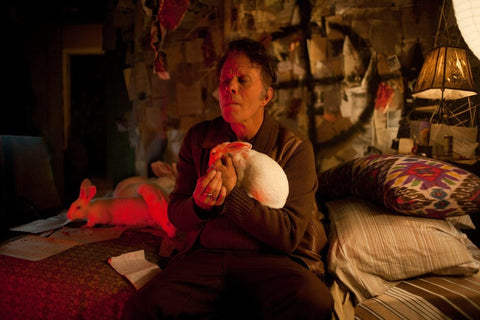
It was the winter before our college entrance exams. For December, the night wasn’t particularly cold, but in my dress, I felt the chill all the same. I wore a deep blue gown with slim black heels—clothes that didn’t feel like me at all. Among the girls, dressed to perfection and radiating excitement, I stood awkwardly, a misfit in a sea of confidence.
As the dance began, everyone fell into position with surprising ease. The girls moved to the edges of the hall, waiting for the boys to ask them to dance, as if rehearsed to perfection. Following the unspoken rules, I found myself gravitating towards a corner near the main entrance—a spot that offered both a quick escape route and a wide view of the room, allowing me to observe this peculiar ritual that felt entirely foreign.
What annoyed me most was how the girls seemed so willing to stand there, waiting to be “chosen,” and how the boys acted as though they were entitled to do the choosing. The irony was that most of them couldn’t even dance properly. I doubted they were even listening to the music.
I was there because he had invited me. But as I stood there, trying to suppress my growing irritation, there was no sign of him. Minutes turned into what felt like hours. Frustrated, I left the school building altogether, only to be intercepted by one of his friends, who dragged me back.
“He’s gone to pick up another girl,” his friend said. “He’ll be back soon.”
I muttered to myself, What’s that supposed to mean?
Just as I was about to lose all patience, he finally appeared. Without much explanation, he said, “Come with me. I want to show you something.”
We left the crowded hall and climbed the stairs to the school rooftop, both of us still in our formal attire. The climb was slow and awkward, but when we reached the top, he seemed exhilarated.
“This is my old school,” he said, gesturing with a sense of pride. “Over there is the football pitch where I used to play. That’s the secret passage I used when I was late. And here—” he pointed excitedly—“is the observatory with the massive telescope.”
As he spoke, his excitement was almost infectious, and for the first time that evening, my irritation began to fade.
He then led me into a small room on the rooftop. It was filled with candles, their soft light flickering against the walls. He stood there, nervous yet pleased with himself, waiting for my reaction. And as I took it all in, I realised—his earlier absence had been to set this up.
“What a fool,” I thought, though I couldn’t help but smile.
Our moment of stolen serenity didn’t last long. The school guard arrived, drawn by the fire alarm triggered by the candles. We scrambled to extinguish them all and fled, running across the rooftop in our formalwear, laughing as we escaped into the night.
He was bothered by the interruption, but I found it amusing. If everything had gone smoothly, it wouldn’t have been nearly as memorable. A perfectly orchestrated evening would have been too ordinary for him—and for me.
The next morning, my legs ached unbearably, a consequence of wearing heels far too long. Thinking back on the night before, it felt like a strange dream—so many odd, improbable details strung together, blurring the line between fantasy and reality. Years later, that rooftop view still lingers vividly in my mind.
If I were to recommend a film about first love, it would be First Love: The Litter on the Breeze, produced by Wong Kar-wai and directed by Eric Kot. If you watch it expecting the polish of Wong Kar-wai’s other works, you might be disappointed. It’s rough around the edges, even crude at times, but that’s part of its charm. The film carries Kot’s quirky humour while still maintaining a touch of Wong’s literary depth.
As the title suggests, it’s a story of first love, between a boy with mental illness and a girl who suffers from sleepwalking. The narrative is interspersed with Kot’s self-deprecating humour and narrated in his own voice. At the end of the film, Kot appears on screen, laughing and crying at the same time, as if caught in the bittersweet fog of memory. In that moment, the messy, complicated beauty of first love becomes impossible to articulate, yet unmistakably clear.
Murakami once wrote in Dance, Dance, Dance, “He seemed like both a perfectly ordinary man and a wildly absurd one.” That line fits both the film and him.
Finally, here’s a song about dancing, love, and youth: Dancing by Mellow Fellow.
"In my thoughts and dreams,
I do a little swayin’ away, swayin’ away with you."


